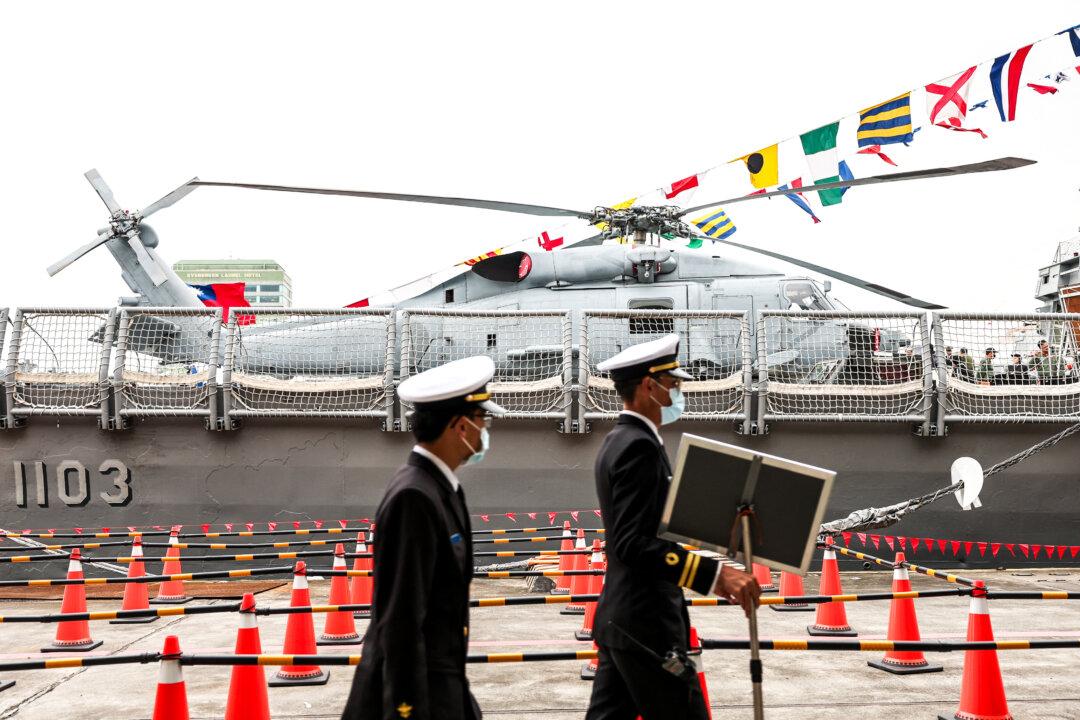Commentary
The cognitive warfare waged against Taiwan by the Chinese Communist Party (CCP) revolves around one central narrative: the America Skepticism Theory.

The cognitive warfare waged against Taiwan by the Chinese Communist Party (CCP) revolves around one central narrative: the America Skepticism Theory.